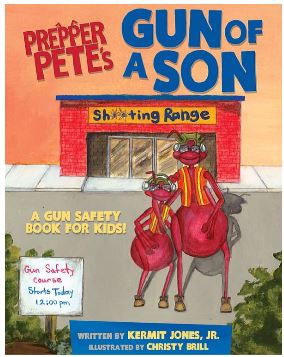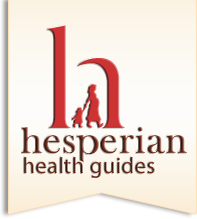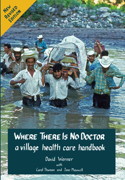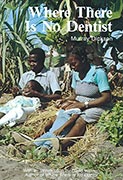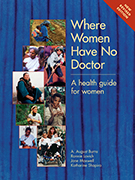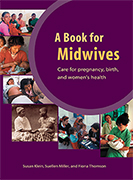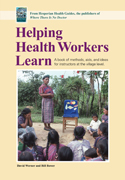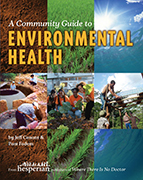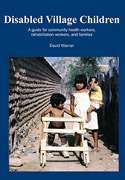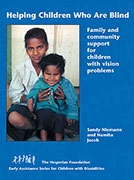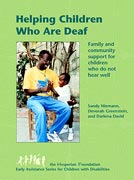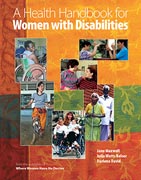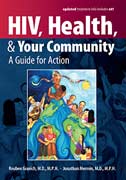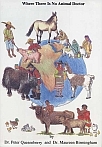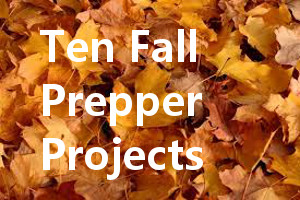
The leaves are turning beautiful colors, the temperatures are cooling, the air is crisp; this is my favorite time of year! This is also the time of year where we should take care of a few projects to square away our preps before winter sets in. Even if you don’t live in MinnesSNOWta, there are plenty of things to be done! Here are ten fall preparedness projects I came up with.
- Change out the clothing in your BOB from summer gear to fall/winter gear.
- Gather and save fallen leaves for next year’s compost. Along with kitchen scraps, a great approach is to add equal parts brown (fallen leaves) and green, (grass clippings). You can save the leaves in plastic bins, or in garbage bags, just make sure they are in a dry area; if they get wet, they’ll rot.
- Cover crop or mulch over your garden beds. One great method for this is mulching leaves as you mow, and dumping this on the beds.
- I suggest checking your smoke alarms twice a year on daylight savings, which is on November 2nd this year.
- Flash lights; if you keep batteries in your flashlights, make sure they haven’t started to corrode and make sure the flashlight still works. Another way to keep the batteries near the flashlight but not inside it is to put them in a plastic bag and secure the bag to the flashlight with a rubber-band.
- Winterize your car. By this, I don’t just mean the usual car care. Make sure you have cold weather preps in your car; Blankets, Heat for the gas tank, inspect ice scraper and jumper cables, replace if necessary.
- Make sure the medicine cabinet is ready for colder weather, especially if you have a little petri dish, err, sorry, I mean child in public schools. I swear as soon as the kids started back to school, we started in with the sniffles! I include cold and flu meds, cough drops and syrup, throat spray and also lotion for cracking itchy skin and Chap Stick.
- Get your heating system inspected and tuned up. Usually less than $100 can get you a good inspection.
- Consider your emergency heat and what you might do if power goes out for a few days.
- If you live where it snows, get your snow blower tuned up well before the first major snowfall. I see at least one story every year after the first major snowstorm on how there are no new snow blowers available, and small engine repair shops are backed up.
Can you think of any projects that can help us get ready for winter?
Please click here to vote for Prepared Christian as a top Prepper site!
If you liked this article please think about sharing it on the social media listed below, thanks!





 Mike Podlesny is the author of the book Vegetable Gardening for the Average Person as well as the creator of the Seeds of the Month Club where members receive non gmo, heirloom variety seeds every month. You can listen to Mike each week on the Vegetable Gardening Podcast where he interviews gardening industry experts.
Mike Podlesny is the author of the book Vegetable Gardening for the Average Person as well as the creator of the Seeds of the Month Club where members receive non gmo, heirloom variety seeds every month. You can listen to Mike each week on the Vegetable Gardening Podcast where he interviews gardening industry experts. 
